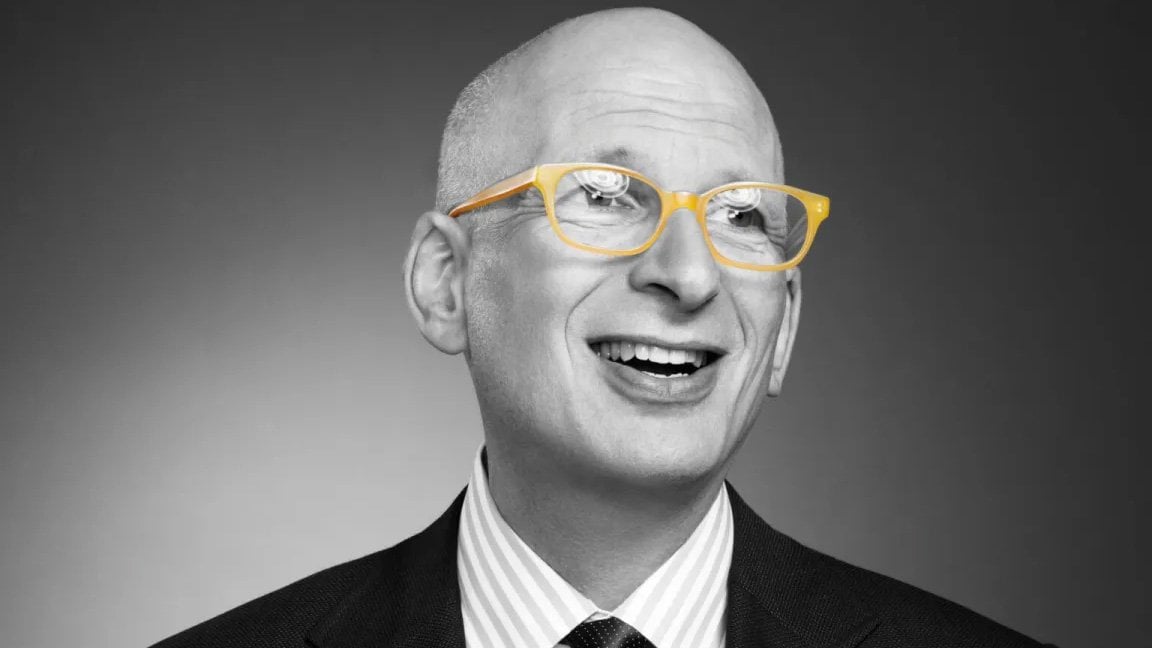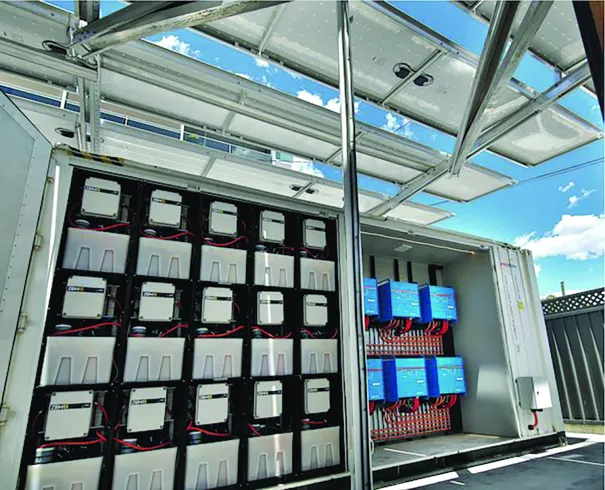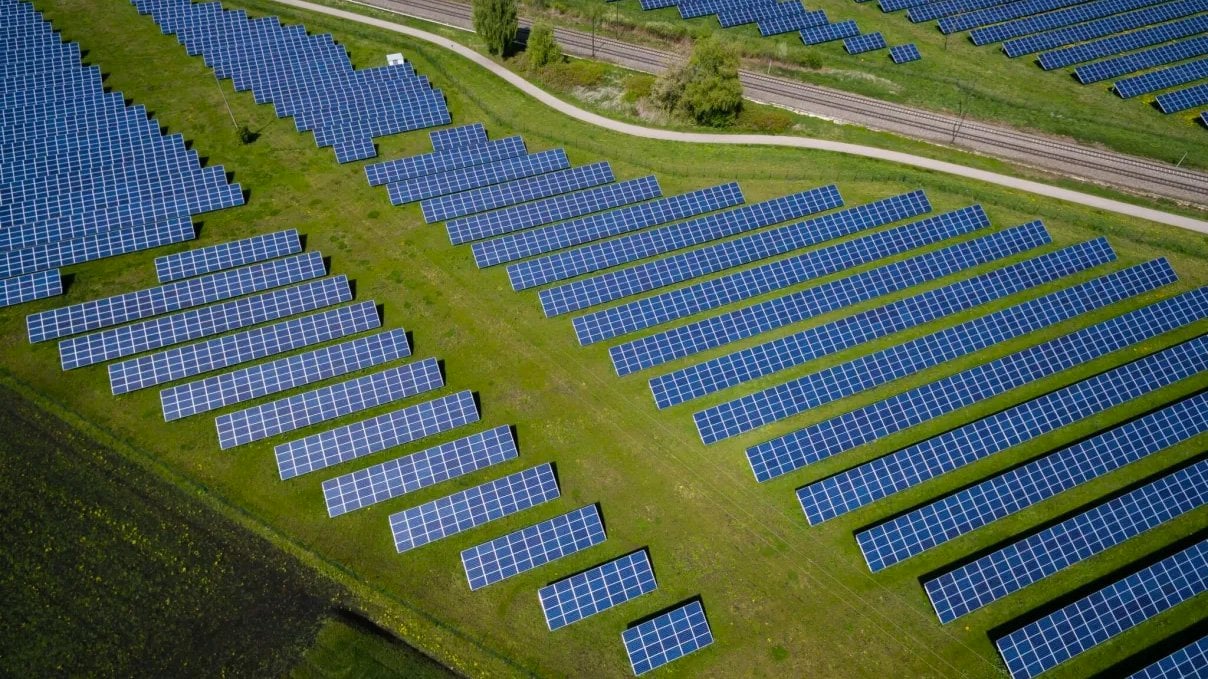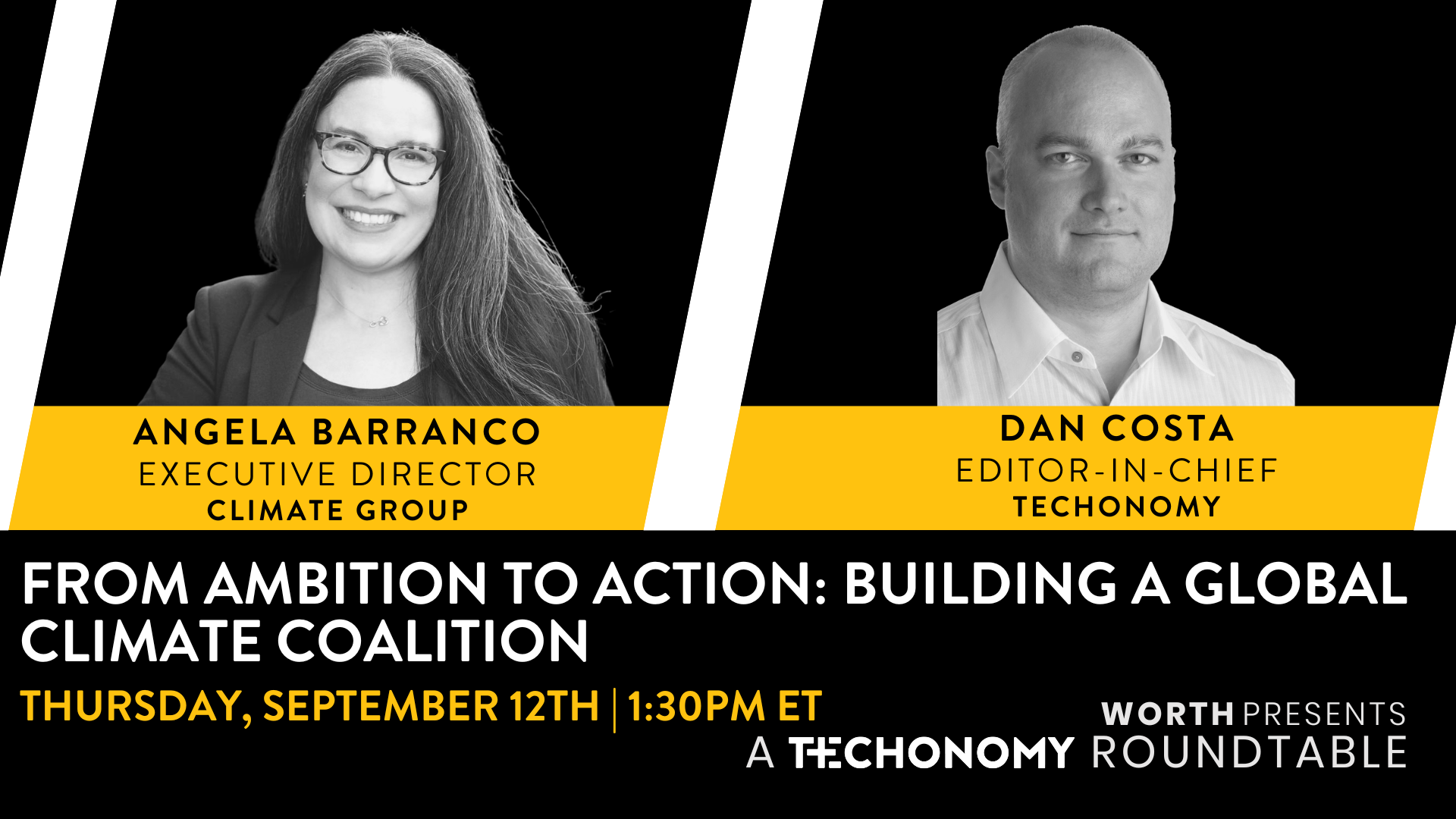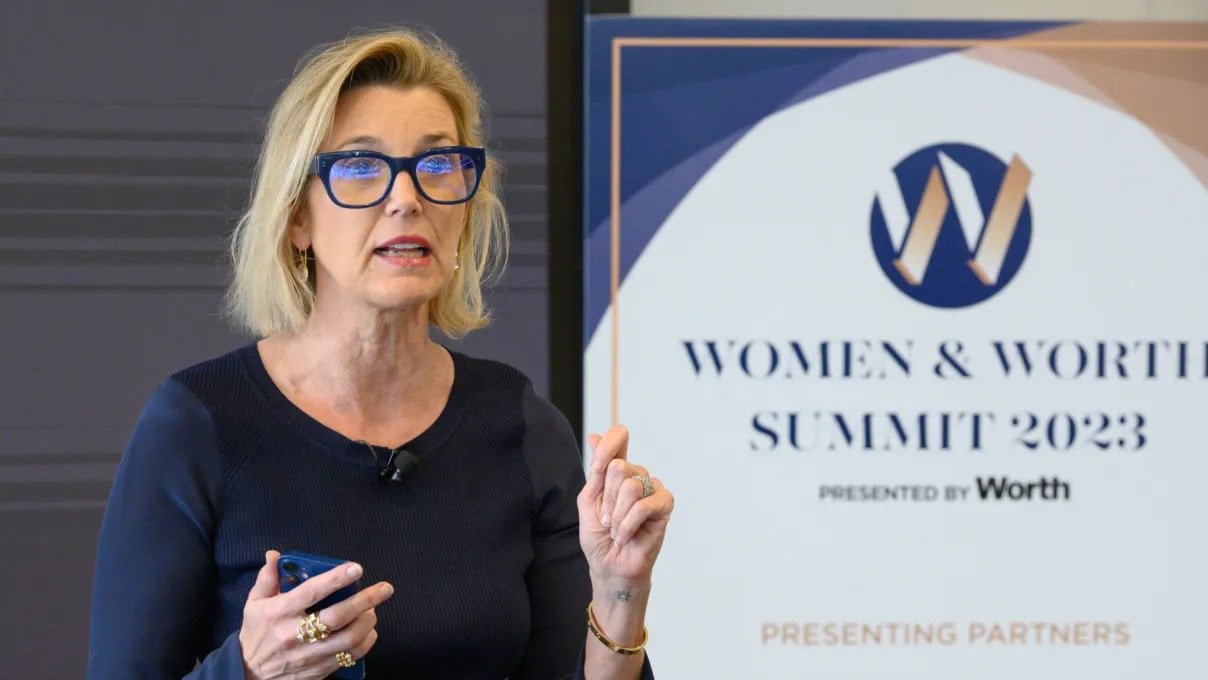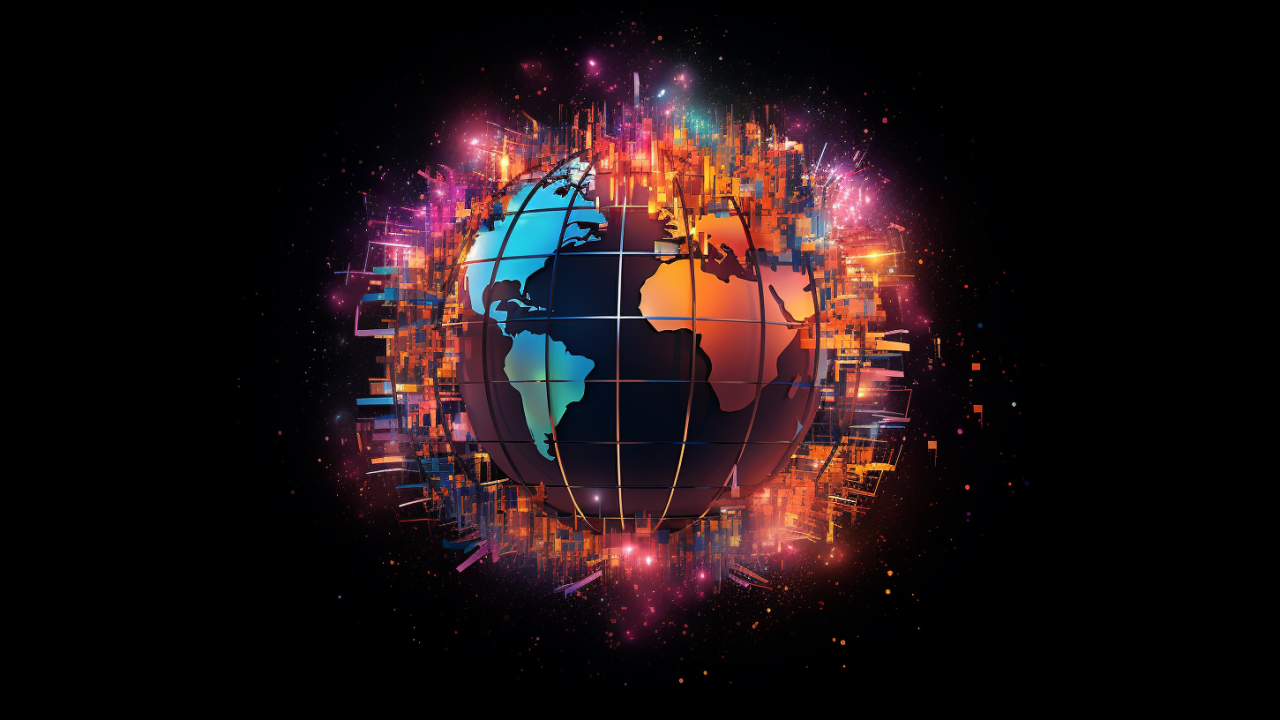A shocking drive through a completely barren snowless landscape led Josh Kampel and myself up to Davos, Switzerland for the annual World Economic Forum gathering. (There was snow in town, but less than in previous years.) It is truly astonishing how many of the world’s movers and shakers, along with assorted hangers-on, assemble here each January. This year about 2600 formal “white-badge” registrants of the Forum were joined by about 50,000 others in this normally very busy ski resort. Luckily it has a lot of hotels and rental apartments.
We attended sessions, had meetings with both new and old friends, and hosted four of our own sessions in partnership with Wipro, in its elegant “pavilion” on the Davos Promenade, the main street. (This year probably 50 different organizations, at least, have dislodged the usual beauty parlors, real estate offices, and stationery stores, converting them for the week into corporate lounges, promotion chambers, and meeting spaces. Wipro’s was among the most centrally-located and well-provisioned.)

When it was winding down I recorded a short video (above) describing the week’s themes, priorities, and surprises. The central concern here seemed to be not, as usual, the state of the economy, but rather whether we will successfully rise to the challenge of combatting global warming. Climate-related risks topped the Forum’s annual risk report.
A central buzzword of the Forum is the “Fourth Industrial Revolution,” which means a totally new intersection between tech and society that will alter all aspects of business and human life. It is, for us, very “techonomic.” We’ve been talking about that sort of thing for almost a decade.
One key part of that epochal transition is how companies are changing to meet the new challenges, and Techonomy organized a session with Wipro Tuesday afternoon that gathered top leaders from Wipro itself, Micron Technology, Ericsson, and Levi Strauss. (Click on the video above to watch.)

The next morning we returned to Wipro’s temporary home for a fascinating session with Andy McAfee, the MIT economist and author of More from Less, a new ground-breaking book. It argues that economic growth, far from being the enemy of environmental responsibility and human prosperity, is absolutely key to it. His great talk, which you can watch here, explains how even as the world economy has continued to grow we have reduced our use of many key materials and resources, and begun to considerably clean up the human mess. If you are among the many who are feeling sort of despondent about how things look these days, a dose of Andy’s optimism may cheer you up.
He gives a strong caveat that all this efficient progress only happened because U.S. and other regulators stepped in and made new rules, once we realized, back in the 70s and 80s, we were despoiling the American and world environment. Major government action will be required to accompany growth going forward as well, he says. Andy insists we must redouble our efforts to combat global warming, but says it can be done while we continue to grow and provide more wealth and prosperity for people all over the world.
So growth could make attacking some of the world’s biggest problems easier, if it’s deliberate, conscious, sometimes regulated growth. McAfee’s points are strident because he sees many environmentalists, even Greta Thunberg, arguing that the only solution for our current crisis is to literally slow down our economy. That scares him. Watch the talk here.
Then at lunch on Wednesday, Techonomy convened a super-panel at Wipro, including Microsoft President Brad Smith and Beijing-based investor and AI software expert Kai-Fu Lee. The topic: “Tech, Responsibility, and the Future of Society.”
Smith made news last week announcing that Microsoft, the world’s most valuable corporation, would from now on not only be carbon neutral, “carbon negative,” sucking up the pollution it had emitted over its entire history, then continuing with carbon negativity going forward. It was a much-discussed breakthrough that increased the pressure for responsible policies for many companies at Davos. (I published here a major article recently on carbon removal.)
Kai-Fu’s book AI Superpowers: China, Silicon Valley, and the New World Order, explains how AI has become a central point of competition between those two companies. The discussion ranged across global relations, AI ethics, corporate responsibility, and the future of business. It was a rich conversation, with an amazing audience including MIT professor Erik Brynolffson and former Yahoo CEO Marissa Mayer. You can watch it here.
Finally on Thursday morning we assembled a panel of four experts to discuss “Will Data and Digital Finally Transform Global Health?” We’ve heard promises for decades that health care was the next industry to be disrupted and remade, but it hasn’t happened. Meanwhile, the world has awakened to the urgent necessity of achieving the UN Sustainable Development Goals by 2030 and building a more inclusive and fair global community. Failing to do so insures an era of discord and decline. As Dr. Gregory Moore of Microsoft pointed out in our panel, billions more people are coming online around the world via smartphones “in the next 18 to 24 months,” and they will demand health services.
As the global middle class burgeons, it’s impossible to train enough doctors and nurses to treat everyone at the standard that has prevailed in developing countries. We must find ways to scale prevention, diagnosis, and treatment with digital tools. Moore and Jeroen Tas of Philips both enthusiastically described systems that will empower relatively untrained village and local practitioners, using video and AI software, to help people distant from doctors make simple decisions: do I need to take the 5-hour bus ride to the nearest hospital, or should I just take an aspirin and rest for a day? Vast amounts of global productivity are lost because people make the wrong choice when confronting such decisions today without any medical advice.
Despite the profound sense of urgency they consistently echoed, the panelists, who also included Francesca Colombo of the OECD and Rajan Kohli of Wipro, generally showed pessimism about where we are headed. Yes we have the tools, they said, but hidebound governments and established health institutions too often get in the way of deployment of state-of-the-art tools, and patients and citizens are rightly concerned that their personal health data will not be protected if they surrender it to many of the systems that have emerged so far.
We at Techonomy emerged from this final discussion resolute that health care issues will take more and more of our own focus, since the opportunity is so large and the need to take action so great. (Our Techonomy East conference on May 19-20 will include a full day of health-related content.) Most people left resolved to get more aggressive in this urgent, even world-critical arena. (Click here or on the video above to watch this intense and interesting session.)
As the conference wound down, I reflected for the camera on our four sessions. We are firm believers in the kind of multidisciplinary conversations that take place at Davos, and, in our own bespoke way, at Techonomy.





